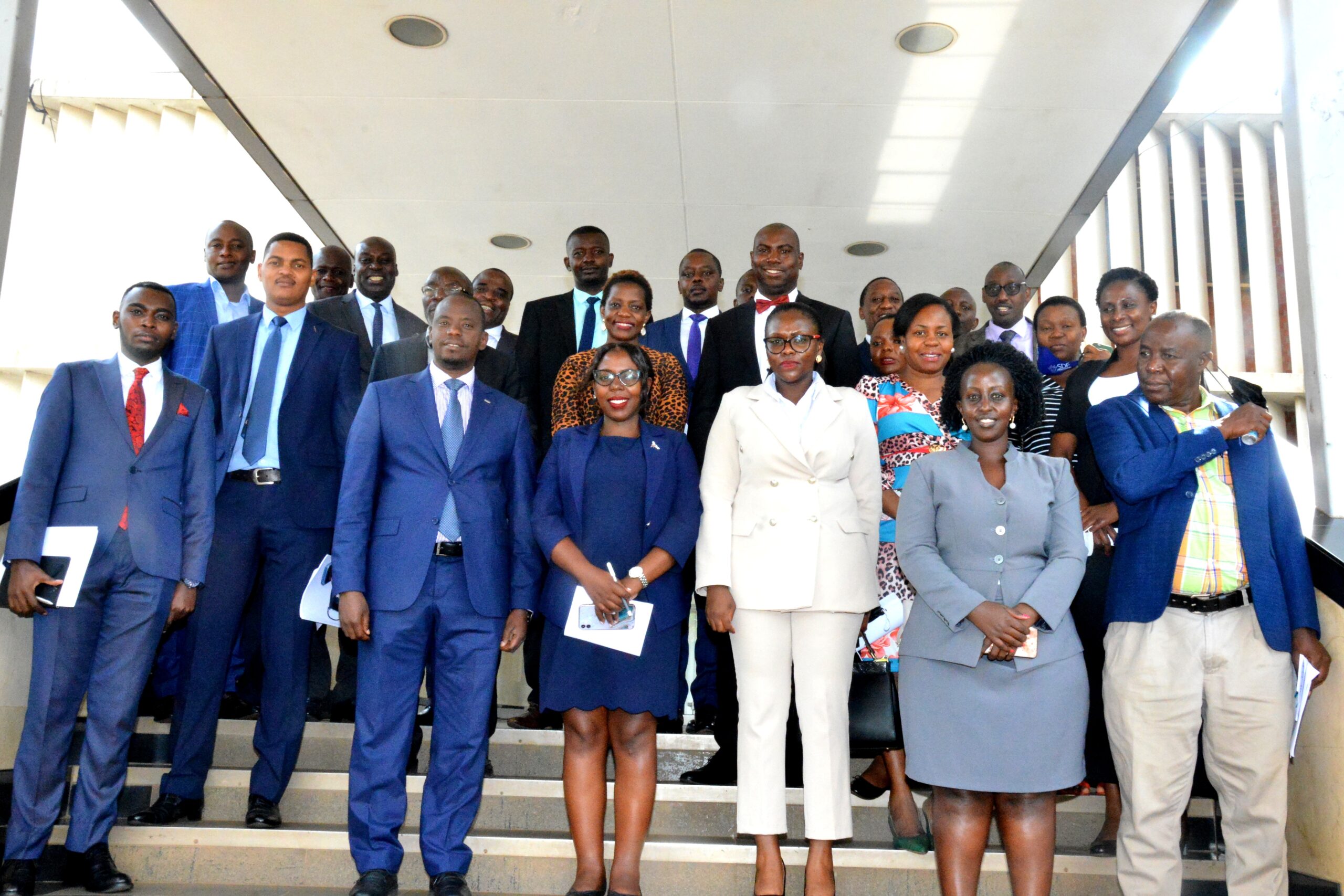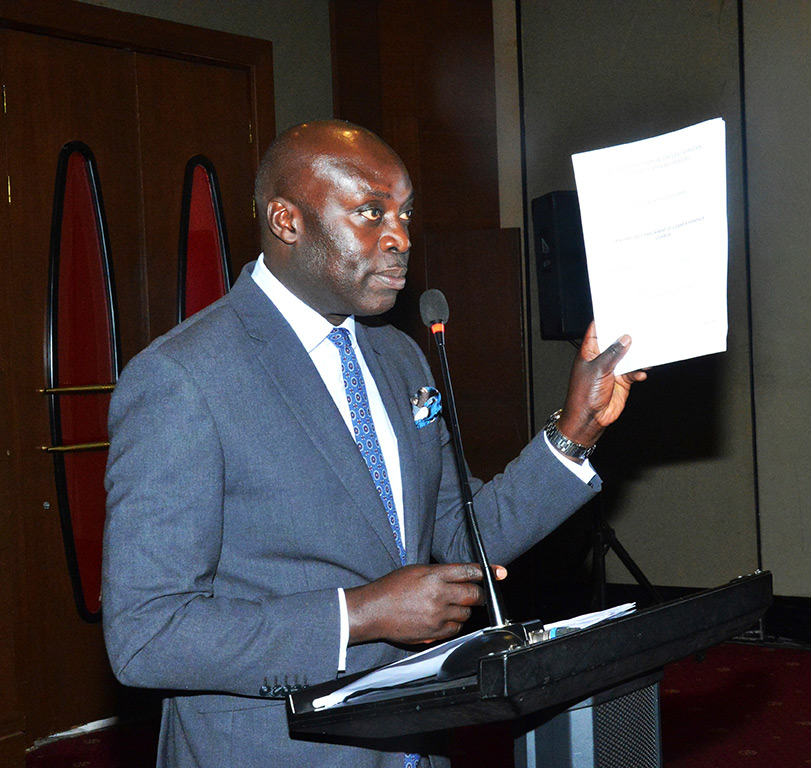PEACA in
National Parliaments
WHAt we do
PEACA in
National Parliaments
The formation of PEACA was as a
result of public outcry as well as National Parliaments of Member States which
noted that East Africa Community Integration is secluded and a preserve of the
few hence denying other stakeholders especially the wananchi from participating
in EAC integration processes.
Other gaps and challenges identified within the
EAC integration processes noted included;
-
Limited information and communication flow between EAC systems, institutions and the general public, particularly on the resolutions, emerging issues and other developments taking place in the EAC.
-
Inadequate awareness of the Treaty obligations and duties by various stakeholders.
-
Poor visibility of EAC and its processes among the East African population, especially local East African communities.
-
Poor coordination and collaboration among the EAC systems and institutions of the Member State Parliaments.
-
Sustainability challenges of EAC processes, achievements and EALA representatives and resource persons, so that they are relevant even when they are out of EAC services. For example, relevancy and usefulness of former EALA representatives, Speakers and Secretary General of EAC Secretariat.
-
Relevancy of EAC Ministries, Parliamentary committees on EAC Affairs and their interactions with other stakeholders.
Accordingly,
PEACA takes cognizance of the need to enhance the legislative, oversight,
budget appropriation and representation roles of Parliamentarians as a
mechanism for mainstreaming EAC integration agenda into national and regional
development frameworks such as EALA Strategic Plan 2019 to 2024, EAC
Vision 2050, and the East African Community Treaty.


